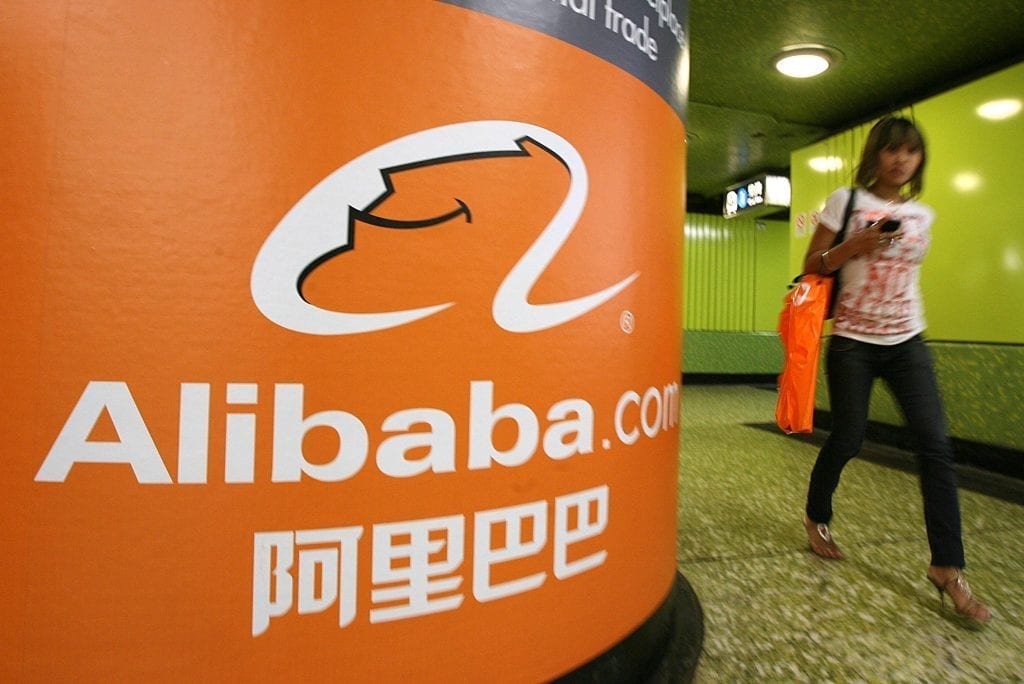
Alibaba is in talks with the Thai government to set up a logistics centre in the country as part of its aggressive expansion into the Southeast Asia region, bringing the company a step closer to fulfilling founder and executive chairman Jack Ma Yun’s dream of empowering small companies to trade globally.
According to a report on Monday, Thailand’s Industry Minister Uttama Savanayana said that Alibaba plans to set up the logistics centre in Chachoengsao, one of the three provinces the government hopes to develop into a leading economic zone in the region as part of its flagship Eastern Economic Corridor scheme.
The plans for a Thailand-based logistics centre is Alibaba’s latest move in Southeast Asia’s burgeoning e-commerce landscape, following a recent US$2 billion additional investment into e-commerce firm Lazada and last year’s joint establishment of an electronic trading hub with the Malaysian government.
Southeast Asia boasts more than 370 million internet users as of January 2018, according to a recent “Digital in 2018 in Southeast Asia” report by We Are Social and Hootsuite. With the majority of its internet users going online with their mobile devices, as well as a growing middle class population eager to spend money online, Southeast Asia represents a lucrative region for e-commerce companies.
Alibaba wants to use Thailand as a logistics base for e-commerce not just to link small and medium enterprises from Thailand, but also Cambodia, Laos, Myanmar and Vietnam to the global market, Uttama said.
Calls made to Thailand’s Industry Ministry went unanswered.
When reached, an Alibaba spokesperson said that the company is firmly established in Southeast Asia and understands the needs of local businesses and consumers.
“Our focus for the region is to drive partnerships with merchants, offering them access to new customers and markets, enabling SMEs as drivers of economic growth and foster hassle-free trade and e-commerce across borders,” the spokesperson said, without elaborating on its Thailand plans.
In March last year, Alibaba made the first move in linking Southeast Asia e-commerce trade with the rest of the world by setting up a trading and logistics hub in cooperation with the Malaysian government, as part of an electronic world trade platform that is expected to become a modern version of the ancient Silk Road trade route.
The Malaysian “e-hub” comprises a regional logistics centre and an accompanying electronic platform that will help facilitate cross-border trade for SMEs.
Alibaba’s additional injection of US$2 billion into Lazada last week also takes its total investment into the Singapore-based e-commerce platform to US$4 billion, as it seeks to carve out market share and compete with regional rivals such as Sea’s Shopee and Singapore-based Zalora. Alibaba also appointed Lucy Peng, executive chairman of its financial affiliate Ant Financial, as new chief executive of Lazada.
In Singapore, Alibaba has also set up a joint research institute in conjunction with Singapore’s Nanyang Technological University to develop artificial intelligence technologies that can help tackle issues from ageing societies to urban transport.

